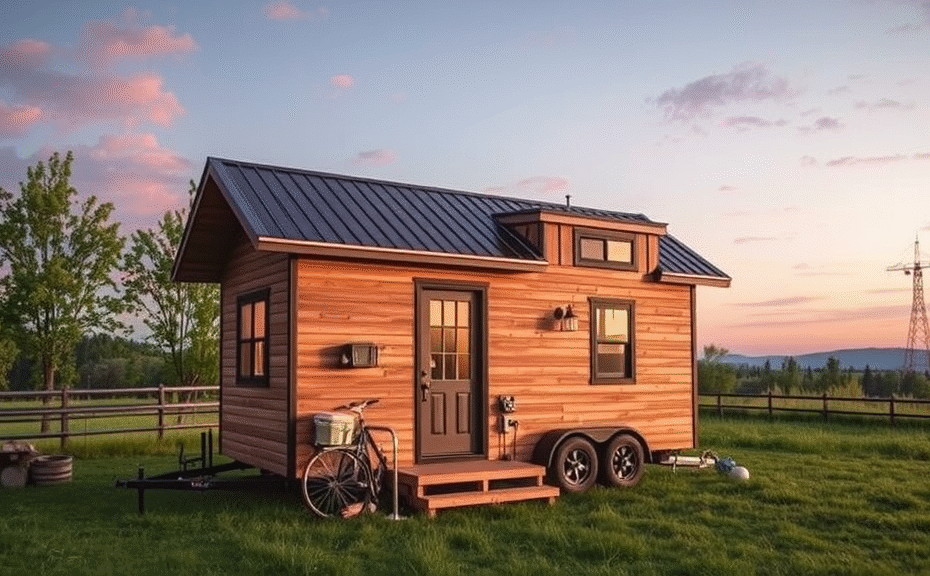Balancing the Pros and Cons of Building a Tiny House
When considering whether there are more pros or cons to building a tiny house, it’s important to weigh the unique advantages and challenges associated with this minimalist lifestyle. Tiny houses offer undeniable benefits, including affordability, reduced environmental impact, and the ability to simplify one’s life. Many people find that downsizing to a small space encourages a clutter-free environment and fosters greater financial freedom by lowering housing expenses.
On the flip side, building a tiny house also presents distinct limitations. Space constraints often require creative solutions for storage and living functions, which can be challenging for families or those used to larger homes. Additionally, zoning laws and building codes may complicate where tiny houses can be legally placed, potentially limiting options. The initial effort to design and customize a tiny house can also be time-consuming and sometimes more expensive than traditional homes per square foot.
Evaluating whether there are more pros or cons to building a tiny house ultimately depends on personal priorities. For individuals valuing sustainability, affordability, and simplicity, the pros tend to outweigh the cons. However, for those needing extensive living space or facing strict local regulations, the cons might feel more significant.
Key Considerations
- Cost Efficiency: Lower utility bills and reduced mortgage debt make tiny houses financially appealing.
- Environmental Impact: Smaller footprints mean less energy consumption and fewer resources used.
- Space Limitations: Storage and living quarters require thorough planning and adjustment.
- Legal Restrictions: Zoning and building code compliance can pose significant barriers.
Ultimately, deciding if there are more pros or cons to building a tiny house rests on how these factors align with your lifestyle goals and housing needs.
